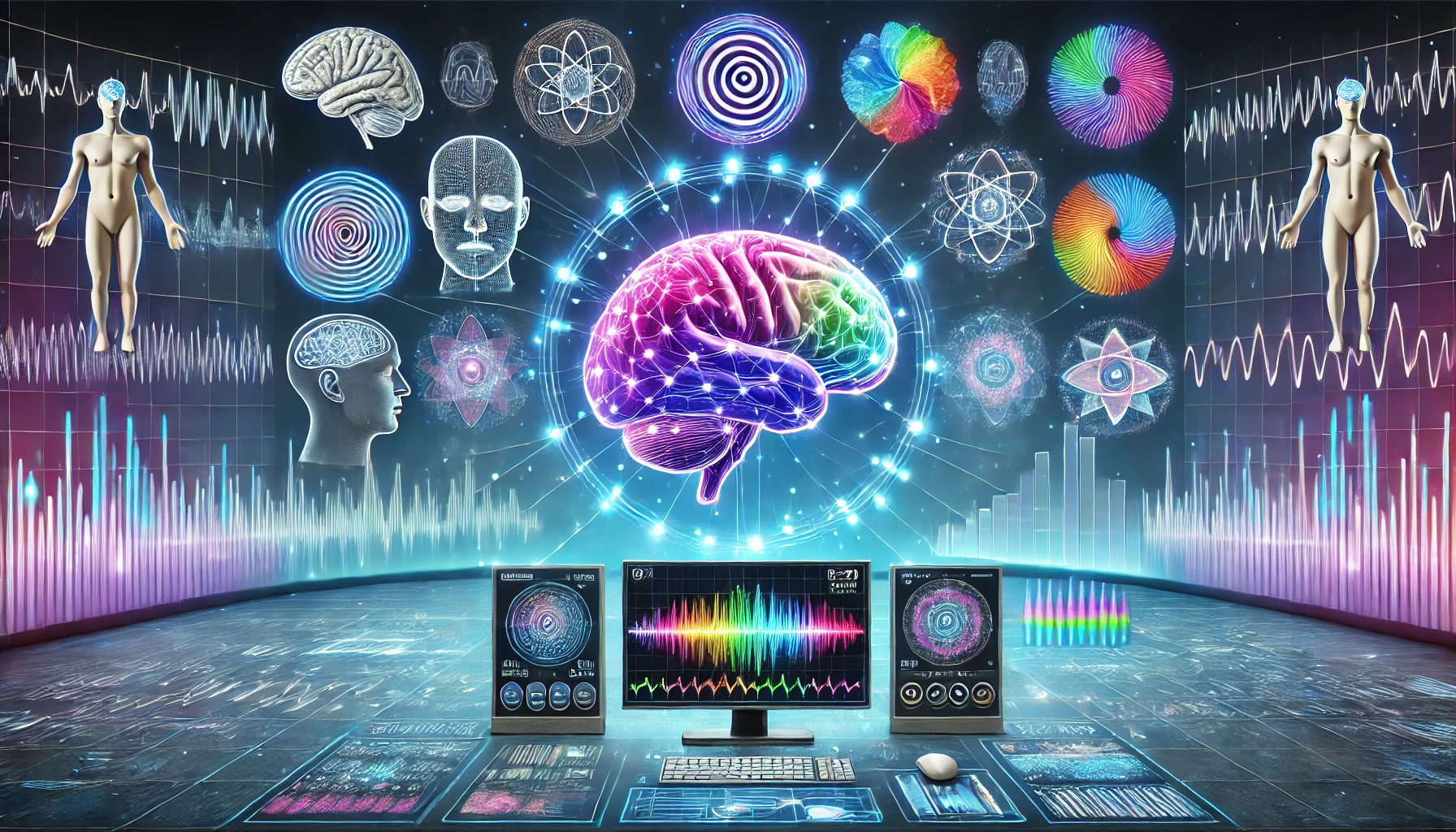What can brain waves tell us?
Article Source: Google Books

Why you should care
Brain waves are the rhythms of our mind, revealing secrets about how we think, feel, and behave. They control everything from sleep to focus and even creativity. By understanding brain waves, we can unlock potential treatments for mental health issues, improve learning, and explore consciousness itself. Brain wave analysis is opening doors to improve our lives in surprising ways.
Answering the question… What can brain waves tell us?
Brain waves can reveal our emotional state, cognitive processes, and even mental health conditions. For example, high beta waves are linked to anxiety, while delta waves dominate during deep sleep. Brain waves also indicate focus levels, with alpha waves reflecting relaxation and creativity. EEGs, which measure brain waves, are key in diagnosing epilepsy and sleep disorders, affecting over 65 million people worldwide.
How was the study done?
The research combined neuroscience and real-time brain wave measurements using EEG technology. The study analyzed patterns across different brain wave frequencies (delta, theta, alpha, beta, and gamma) in activities like problem-solving, emotional responses, and sleep cycles, comparing results with established mental and physical states.
What was discovered?
- Five Types of Waves: Brain waves operate at different frequencies: delta, theta, alpha, beta, and gamma. Each is linked to specific states like sleep (delta), learning (theta), and high-level thinking (gamma).
- Mental Health Indicators: Excessive beta waves are often found in individuals with anxiety, while low alpha waves might indicate depression.
- Focus and Creativity: High gamma waves are associated with peak mental performance, and alpha waves enhance creativity during relaxed states.
- Health Monitoring: EEGs detect abnormalities in brain wave patterns, helping diagnose epilepsy in 3.4 million people in the U.S. and other neurological conditions.
- Meditation and Relaxation: Studies showed increased alpha and theta waves during meditation, proving its calming and restorative effects.
- Learning and Memory: Brain wave synchronization improves retention; for instance, boosting theta waves can enhance memory recall by up to 20%.
Why does it matter?
Understanding brain waves helps us decode how the mind works and apply that knowledge to enhance mental health, education, and overall well-being. From optimizing focus to managing anxiety, brain wave research provides practical solutions for everyday challenges. As technology advances, tools like neurofeedback could revolutionize how we harness brain waves to live better lives.
Read more here.
